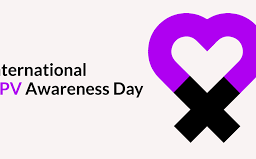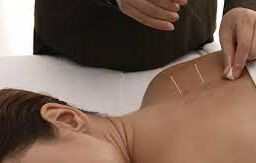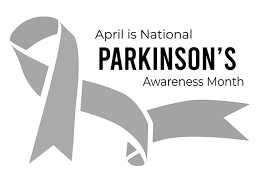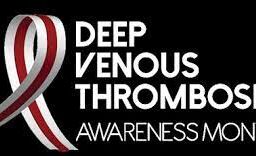
Preventing Mosquito-Borne Diseases: How to Protect Yourself and Your Family
In the fight against mosquito borne diseases, understanding the threats posed by Dengue, Chikungunya, and Zika is paramount. These viral infections, transmitted through the bite of infected mosquitoes, particularly Aedes aegypti, require attention to symptoms, prevention strategies, and effective treatment. Explore the key information on these diseases to safeguard yourself and your community from the risks associated with these pesky vectors.

Overview of the mosquito primarily responsible for transmitting Dengue, Zika, and Chikungunya
The mosquito primarily responsible for transmitting Dengue, Zika, and Chikungunya is the Aedes mosquito, with Aedes aegypti and Aedes albopictus being the main species involved. These mosquitoes are daytime biters and are known for their preference to feed on humans. Aedes aegypti, in particular, is highly adapted to urban environments and is commonly found in and around human dwellings.
These mosquitoes become carriers of the viruses by biting infected individuals, subsequently spreading the viruses to healthy individuals through their bites. Aedes mosquitoes are prevalent in tropical and subtropical regions, making these areas more susceptible to outbreaks of Dengue, Zika, and Chikungunya.
Characterized by distinctive black and white markings, Aedes mosquitoes are known for their aggressive feeding behavior and their ability to breed in small amounts of stagnant water. Preventive measures against these diseases often focus on controlling the mosquito population by eliminating breeding sites, using insect repellents, wearing protective clothing, and implementing measures to avoid mosquito bites. Understanding the behavior and characteristics of these mosquitoes is crucial for effective prevention and control strategies.
Dengue
There is no specific treatment for dengue, and the best course of action is to manage the symptoms while the body fights the infection. This includes staying hydrated, getting plenty of rest, and taking pain relievers such as acetaminophen. However, aspirin and nonsteroidal anti-inflammatory drugs (NSAIDs) should be avoided as they can increase the risk of bleeding.
Prevention of dengue primarily involves controlling the mosquito population and avoiding mosquito bites. This can be achieved by using mosquito repellent, wearing long-sleeved clothing and pants, and using screens on windows and doors to prevent mosquitoes from entering homes. It is also important to eliminate standing water sources, such as flower pots, bird baths, and discarded tires, which serve as breeding sites for mosquitoes.
Chikungunya

The symptoms of chikungunya usually begin 3 to 7 days after being bitten by an infected mosquito and can last for weeks or even months. Symptoms include high fever, severe joint pain, joint swelling, muscle pain, headache, fatigue, nausea, vomiting, and skin rash. The joint pain associated with chikungunya can be severe and debilitating, and may persist for months or even years after the initial infection.
There is no specific treatment for chikungunya, and the best course of action is to manage the symptoms while the body fights the infection. This includes getting plenty of rest, drinking plenty of fluids to stay hydrated, and taking pain relievers such as acetaminophen. Aspirin and nonsteroidal anti-inflammatory drugs (NSAIDs) should be avoided as they can increase the risk of bleeding.
Prevention of chikungunya primarily involves controlling the mosquito population and avoiding mosquito bites. This can be achieved by using mosquito repellent, wearing long-sleeved clothing and pants, and using screens on windows and doors to prevent mosquitoes from entering homes. It is also important to eliminate standing water sources, such as flowerpots, bird baths, and discarded tires, which serve as breeding sites for mosquitoes.

There is no specific treatment for Zika, and the best course of action is to manage the symptoms while the body fights the infection. This includes getting plenty of rest, drinking plenty of fluids to stay hydrated, and taking pain relievers such as acetaminophen. Aspirin and nonsteroidal anti-inflammatory drugs (NSAIDs) should be avoided as they can increase the risk of bleeding.
Prevention of Zika primarily involves controlling the mosquito population and avoiding mosquito bites. This can be achieved by using mosquito repellent, wearing long-sleeved clothing and pants, and using screens on windows and doors to prevent mosquitoes from entering homes. It is also important to eliminate standing water sources, such as flowerpots, bird baths, and discarded tires, which serve as breeding sites for mosquitoes. Pregnant women are advised to avoid travel to areas with a high risk of Zika transmission.
















